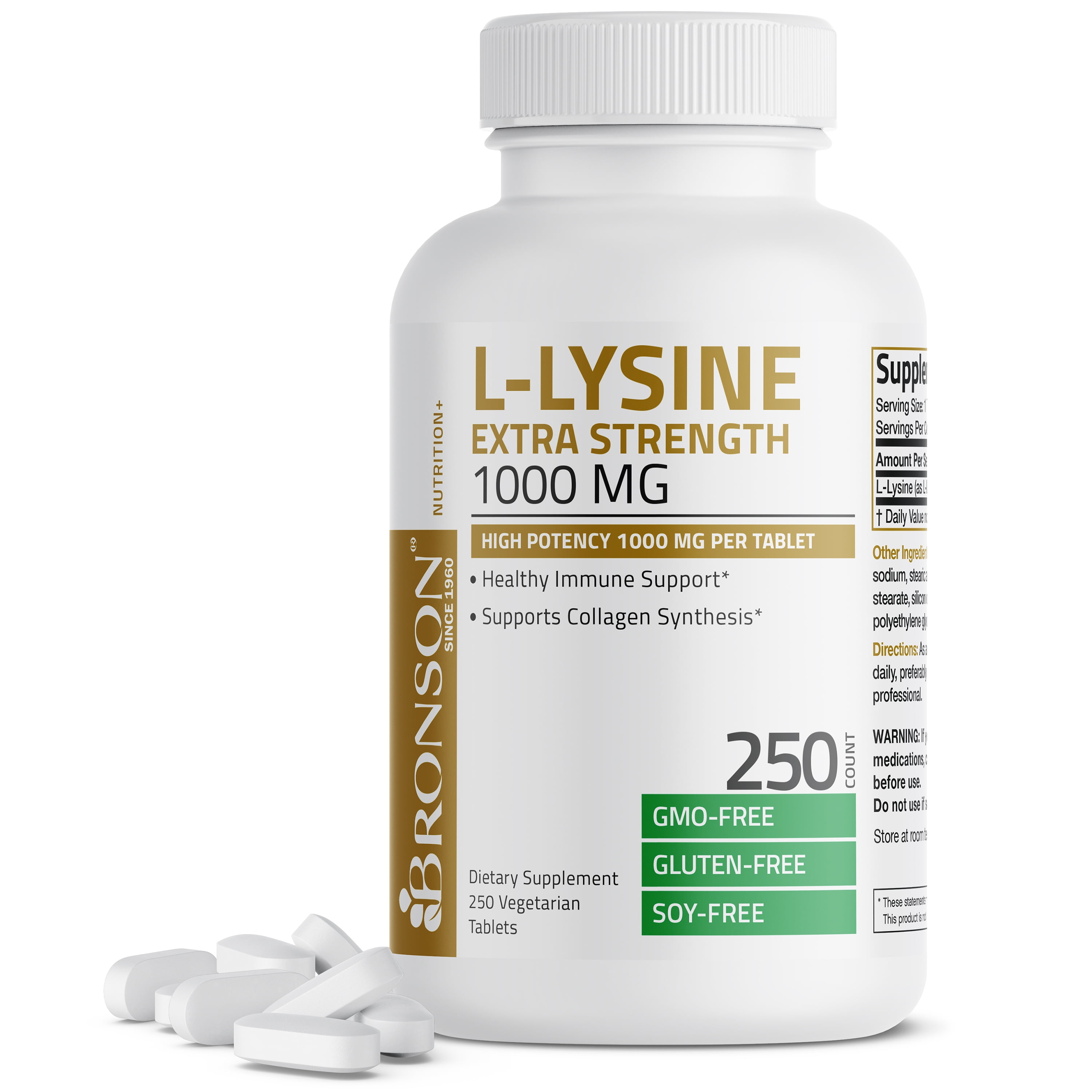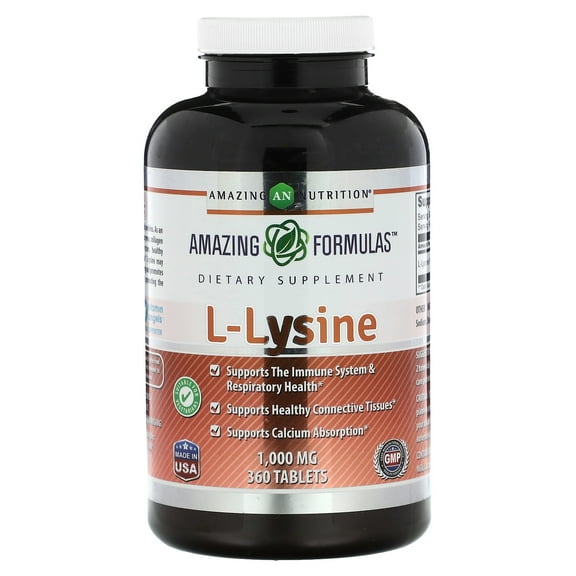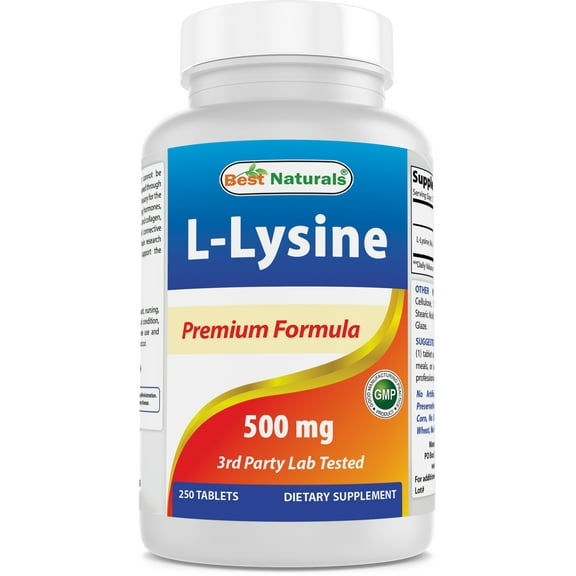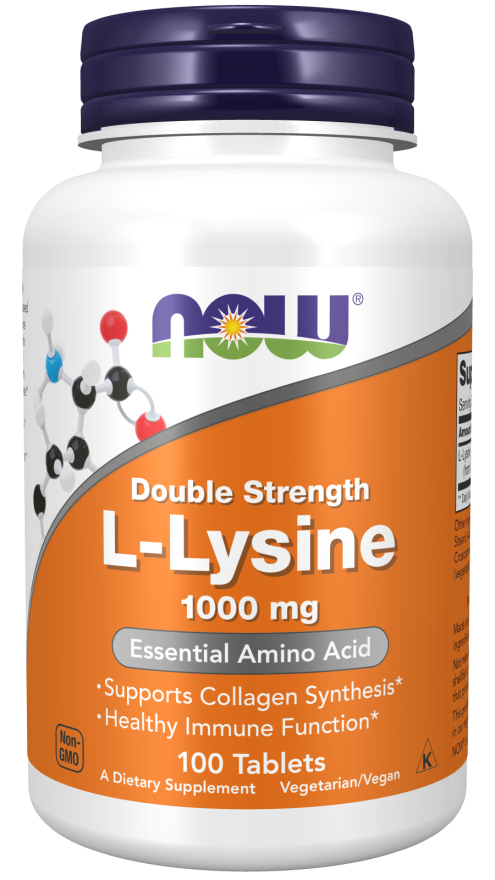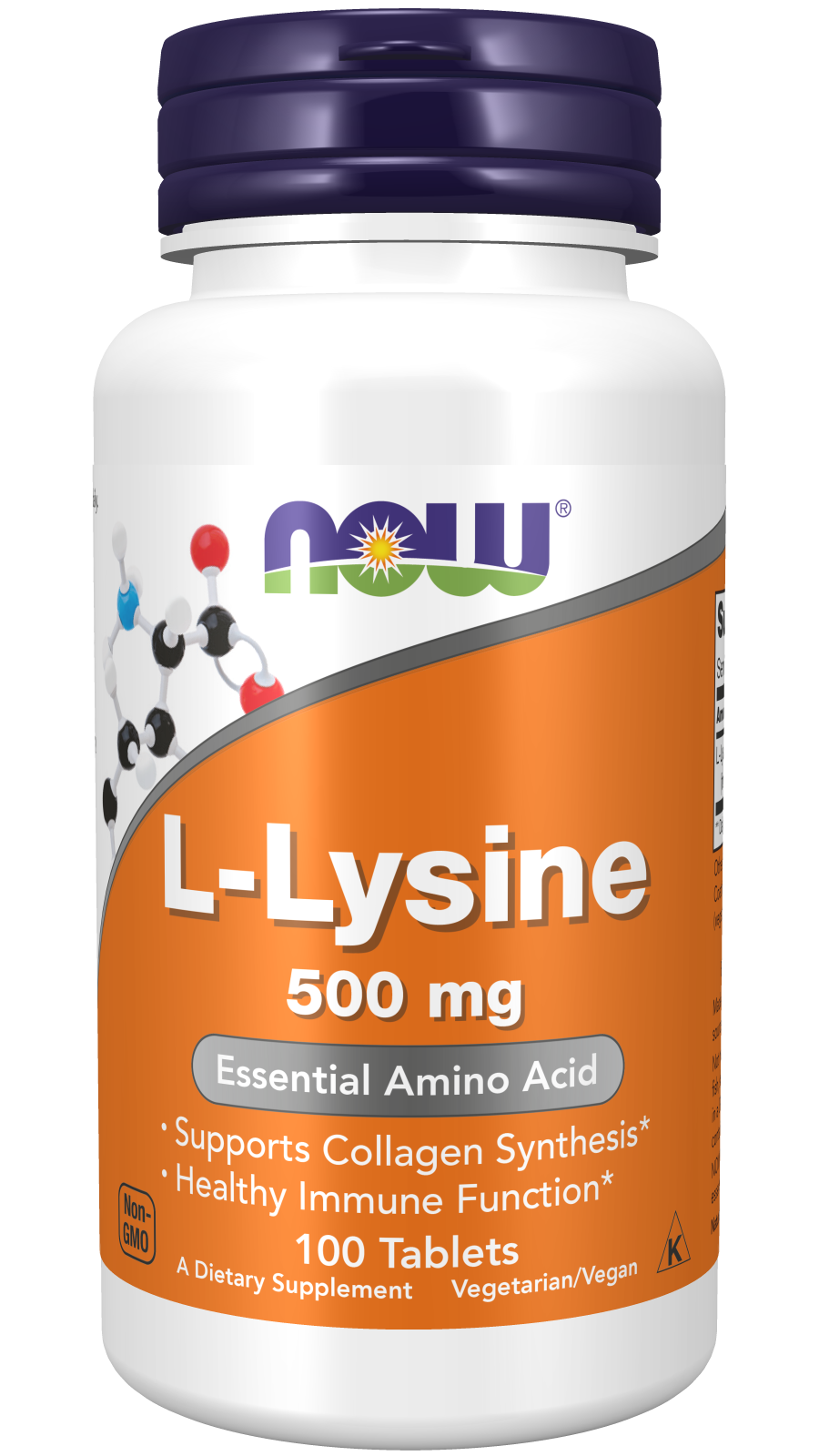Does L Lysine Help With Belly Fat
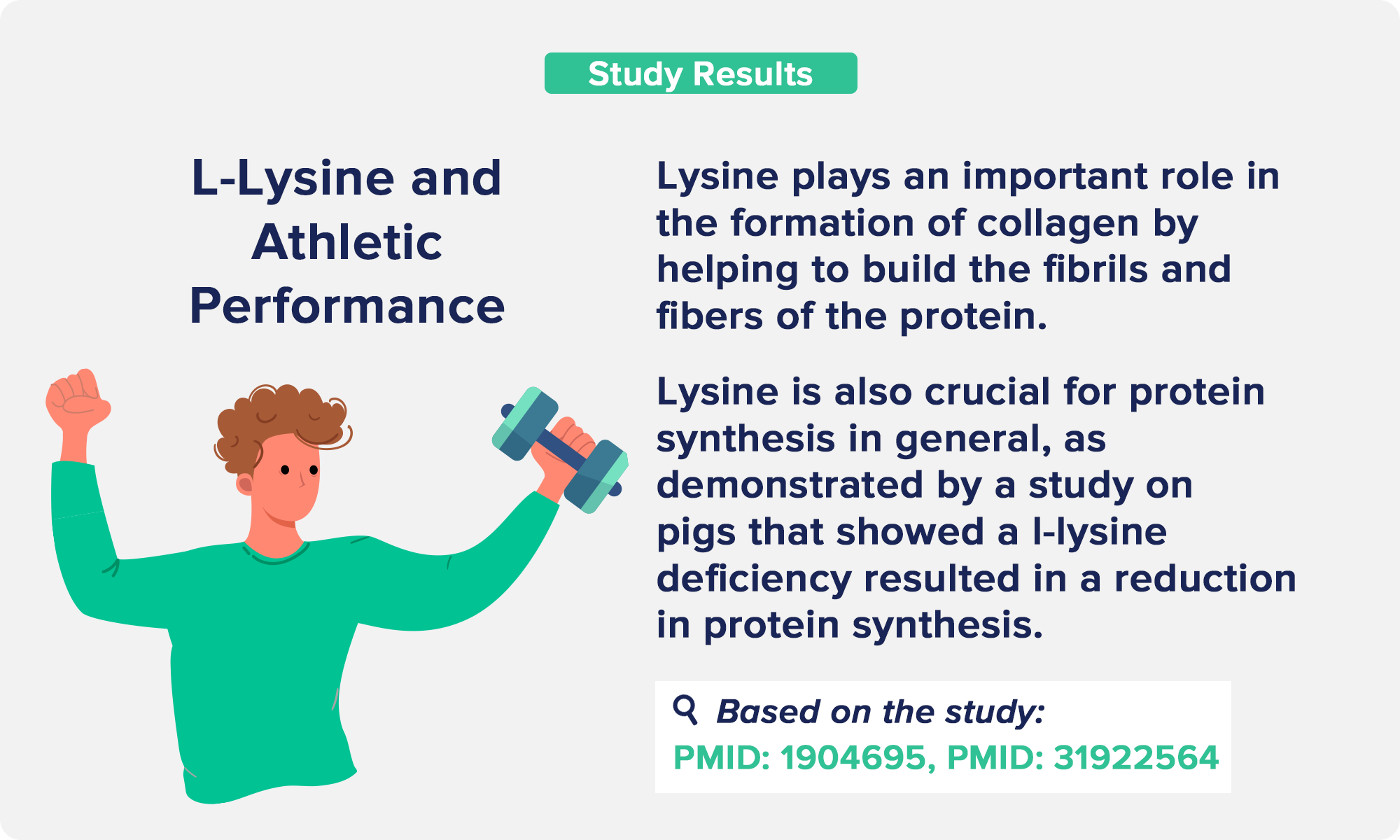
The relentless quest for a flatter stomach and a healthier physique has fueled countless diets, exercise regimens, and supplement trends. Among the latter, L-Lysine, an essential amino acid, has recently garnered attention for its potential role in belly fat reduction. But does this readily available supplement truly live up to the hype, or is it just another fleeting hope in the weight loss arena?
This article delves into the science behind L-Lysine and its purported effects on abdominal fat. We will scrutinize existing research, expert opinions, and potential mechanisms of action, aiming to provide a comprehensive and evidence-based assessment of its efficacy. We will also address the limitations of current studies and explore avenues for future research, providing a balanced perspective on whether L-Lysine can realistically contribute to a slimmer waistline.
What is L-Lysine?
L-Lysine is an essential amino acid, meaning the human body cannot synthesize it and must obtain it through diet or supplementation. It plays a crucial role in various bodily functions. These include protein synthesis, collagen production, calcium absorption, and immune function.
Foods rich in L-Lysine include meat, poultry, fish, dairy products, eggs, and certain legumes. Vegans and vegetarians may need to pay closer attention to their L-Lysine intake and consider supplementation.
The Proposed Link Between L-Lysine and Belly Fat
The potential connection between L-Lysine and belly fat is multifaceted and not yet fully understood. Some researchers hypothesize that L-Lysine may influence metabolic processes that contribute to fat reduction. The link comes from the role it plays in carnitine production.
L-Carnitine, synthesized from L-Lysine and L-Methionine, is vital for transporting fatty acids into the mitochondria. Mitochondria are the powerhouses of cells, where they are burned for energy. Increased L-Carnitine levels may theoretically enhance fat oxidation.
Furthermore, L-Lysine may impact glucose metabolism. Better glucose control can potentially reduce the likelihood of excess glucose being stored as fat, particularly around the abdomen. Some animal studies suggested that L-Lysine supplementation reduces the risk of obesity.
Examining the Scientific Evidence
While the proposed mechanisms are intriguing, the scientific evidence supporting L-Lysine's direct effect on belly fat is limited and often indirect. Much of the current research focuses on animal models or in vitro studies, which may not accurately translate to human outcomes.
Some studies have explored the effects of L-Lysine on overall weight management, but few specifically target abdominal fat. A 2018 study published in the Journal of Nutritional Biochemistry found that L-Lysine supplementation reduced fat accumulation in obese mice. This study is not directly translatable to humans.
Human trials investigating the impact of L-Lysine on body composition, including belly fat, are scarce and often yield inconclusive results. Larger, well-designed clinical trials are needed to determine whether L-Lysine has a significant impact on abdominal fat reduction in humans.
Expert Opinions and Perspectives
Registered dietitians and nutritionists generally advise caution when considering L-Lysine as a primary strategy for belly fat loss. "While L-Lysine is essential for overall health, there's insufficient evidence to support its use as a weight loss tool," states Dr. Emily Carter, a registered dietitian specializing in weight management.
Other experts emphasize that sustainable weight management, including belly fat reduction, requires a holistic approach. This should encompass a balanced diet, regular exercise, adequate sleep, and stress management techniques. L-Lysine supplementation should be considered, at best, as a complementary strategy.
The prevailing consensus among healthcare professionals is that focusing solely on individual supplements for targeted fat loss is often misguided. A comprehensive lifestyle modification approach is generally more effective and sustainable.
Potential Benefits Beyond Fat Loss
Even if L-Lysine doesn't directly target belly fat, it offers other potential health benefits. These can indirectly contribute to overall well-being and a healthier body composition. For example, L-Lysine plays a critical role in collagen production. This is essential for skin elasticity and connective tissue health. Maintaining healthy skin and tissues can improve overall body appearance.
L-Lysine is also known for its antiviral properties, particularly against the herpes simplex virus (HSV). Regular L-Lysine intake can help reduce the frequency and severity of outbreaks, contributing to improved quality of life.
Additionally, L-Lysine aids in calcium absorption, which is vital for bone health and preventing osteoporosis. Strong bones support physical activity and overall mobility, which are crucial for weight management and reducing the risk of belly fat accumulation.
Risks and Side Effects
L-Lysine is generally considered safe when taken in recommended doses. However, some individuals may experience mild side effects. These may include nausea, stomach cramps, and diarrhea.
High doses of L-Lysine may potentially interact with certain medications, particularly aminoglycoside antibiotics. It is important to consult with a healthcare professional before starting L-Lysine supplementation, especially if you have pre-existing medical conditions or are taking other medications.
Individuals with kidney or liver problems should exercise caution when taking L-Lysine. They should seek medical advice before using the supplement.
The Bottom Line
While L-Lysine offers several potential health benefits and plays a role in metabolic processes related to fat metabolism, there is currently insufficient scientific evidence to definitively conclude that it directly reduces belly fat in humans. The existing research is preliminary, often based on animal studies, and requires further validation through well-designed human clinical trials.
A holistic approach to weight management, encompassing a balanced diet, regular exercise, and healthy lifestyle habits, remains the most effective strategy for reducing abdominal fat. L-Lysine supplementation may offer some adjunctive benefits, but it should not be considered a magic bullet for belly fat loss.
Future research focusing on the specific impact of L-Lysine on human abdominal fat is warranted. Until more robust evidence emerges, individuals seeking to reduce belly fat should prioritize proven strategies such as dietary changes and regular physical activity, under the guidance of healthcare professionals.









